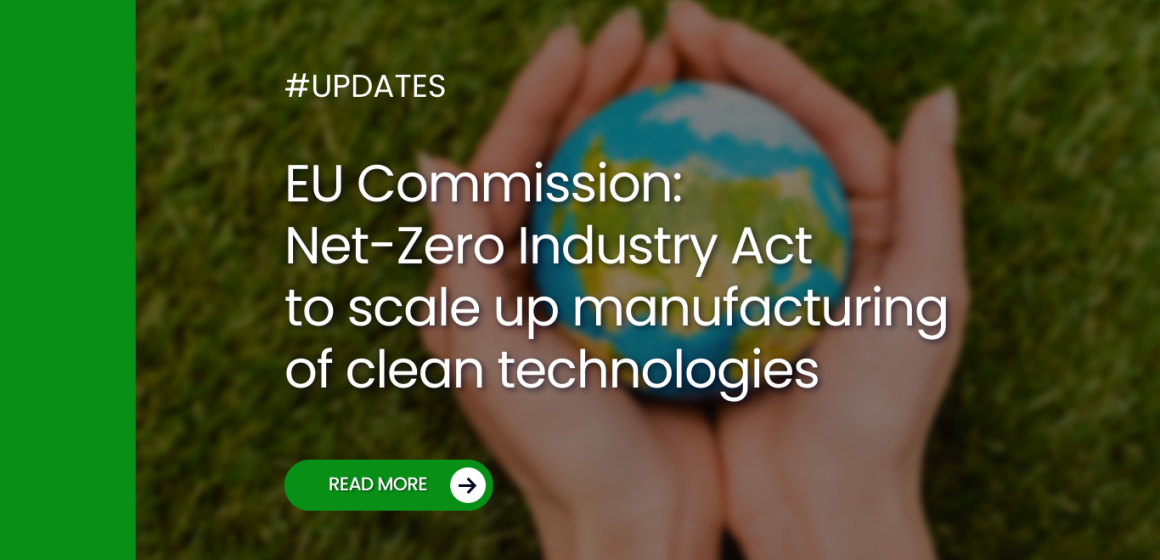Brief: The Act will strengthen the resilience and competitiveness of net-zero technologies manufacturing in the EU, and make our energy system more secure and sustainable. This will create more favourable conditions for establishing the projects to be implemented in Europe in accordance with the goal of “net zero” and increasing the production capacity by 40% by 2030.
Given the current uncertainties related to the energy crisis caused by the Covid-19 pandemic and Russia’s aggression in Ukraine, the flexibility required to invest in Europe’s large-scale transition to alternative energy sources will be provided. The proposed draft Act is based on technologies that will significantly contribute to decarbonisation. These include:
- solar photovoltaic and solar thermal
- onshore wind and offshore renewable energy
- carbon capture
- biogas/biomethane
- sustainable alternative fuels technologies
Goals:
The Net-Zero Industry Act aims to:
- The act will improve investment conditions for net zero technologies by reducing the administrative burden and simplifying permitting processes for building projects. In addition, the act proposes prioritising projects towards the net zero targets, which is essential to strengthening the sustainability and competitiveness of the EU industry to keep carbon emissions safe.
- To create 50 GW of net generation capacity from renewable energy sources by 2030
- Facilitating access to markets: to boost diversification of supply for net-zero technologies, the Act requires public authorities to consider sustainability and resilience criteria for net-zero technologies in public procurement or auctions.
- Enhancing skills: the Act introduces new measures to ensure there is a skilled workforce supporting the production of net-zero technologies in the EU, including setting up Net-Zero Industry Academies, with the support and oversight of the Net-Zero Europe Platform. These will contribute to quality jobs in these essential sectors.
- Fostering innovation: the Act makes it possible for Member States to set up regulatory sandboxes to test innovative net-zero technologies and stimulate innovation, under flexible regulatory conditions.
Next steps:
The proposed Regulation now needs to be discussed and agreed upon by the European Parliament and the Council of the European Union before its adoption and entry into force.
Through the implementation of the new strategy, it is expected to make significant progress towards achieving net zero by 2050 or earlier and the subsidiary goals.
In addition, while maintaining labour safety and operational reliability, this project will improve capital and cost productivity and reduce emissions to complement ongoing major projects, reduce the capital intensity and maintain a high-grade portfolio, resulting in significantly reduced and more competitive production and processing capacity.
Use this link for more information.


